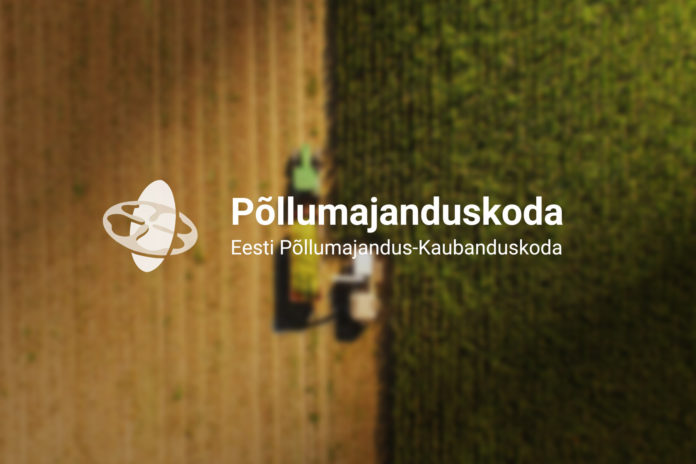The Russian embargo on European agriculture produce has had a huge economic and social impact on the Baltic countries and Finland and targeted support is vital, the agri-cooperative organisations from Finland, Estonia, Latvia and Lithuania warned today. This was reflected during a seminar held in Brussels and arranged by the agri-cooperative organisations from Finland, Estonia, Latvia and Lithuania.
They pointed out that the Baltic countries and Finland exported a lot of value added food products to Russia for a long time and it has had a huge impact on their countries.
Speaking at the event, Vice-Chairwoman of Pellervo Society Tiina Linnainmaa stated: “The impact of the Russian embargo is easily forgotten now when new topics are appearing, like the immigrant crisis and Brexit. Farmers and their cooperatives are suffering from the embargo. The EU Commission and high ranking EU politicians have not put enough effort to help them”.
Chairman of the Board of Latvian Agricultural Cooperatives Association Edgars Ruža said: “We can see, especially in the Baltics, young people move from the countryside to work elsewhere because of the economic situation in , agriculture. This will have an impact on agriculture output in the future”.
“It takes time, energy and it is costly to find new markets and adapt production and processing to new outlets. Different EU financed export and promotion measures should therefore be designed to help the Baltic and Finnish processors get to new markets”, said Chairman of Estonian Chamber of Agriculture and Commerce Roomet Sõrmus.
“There is a deep need for targeted support that better reflects the real financial loss the farmers have faced since the Russian embargo. So far, the EU hasn’t managed to ease the economic burden that is put on Baltic and Finnish farmers”, underlined Andriejus Stancikas, President of Chamber of Agriculture of the Republic of Lithuania.
The cooperative organisations in the Baltic countries and Finland consequently call on the EU Commission, Council and EU parliament to swiftly establish targeted measures that help cooperatives to find new markets and keep the producers in business. The cooperative organisations underline the importance of keeping the discussions on the food embargo with Russia going. The organisations have sent a letter outlining their demands to the Commission, Council and the European Parliament.


